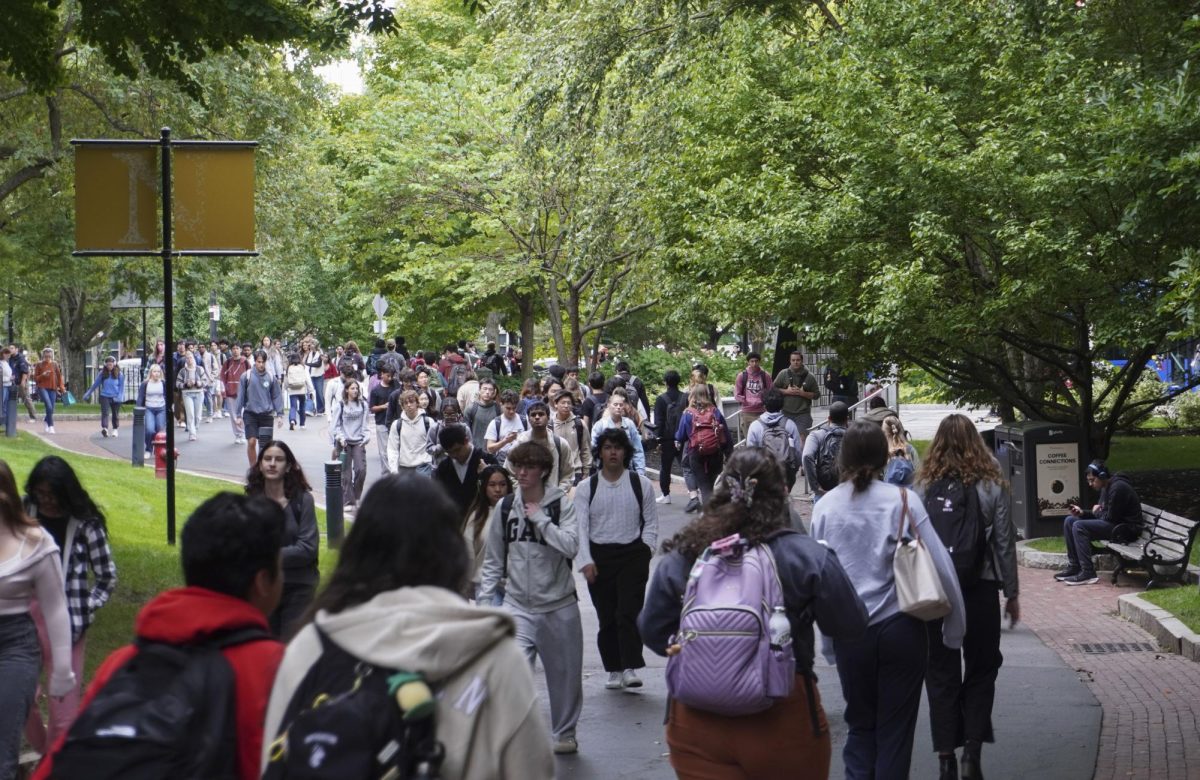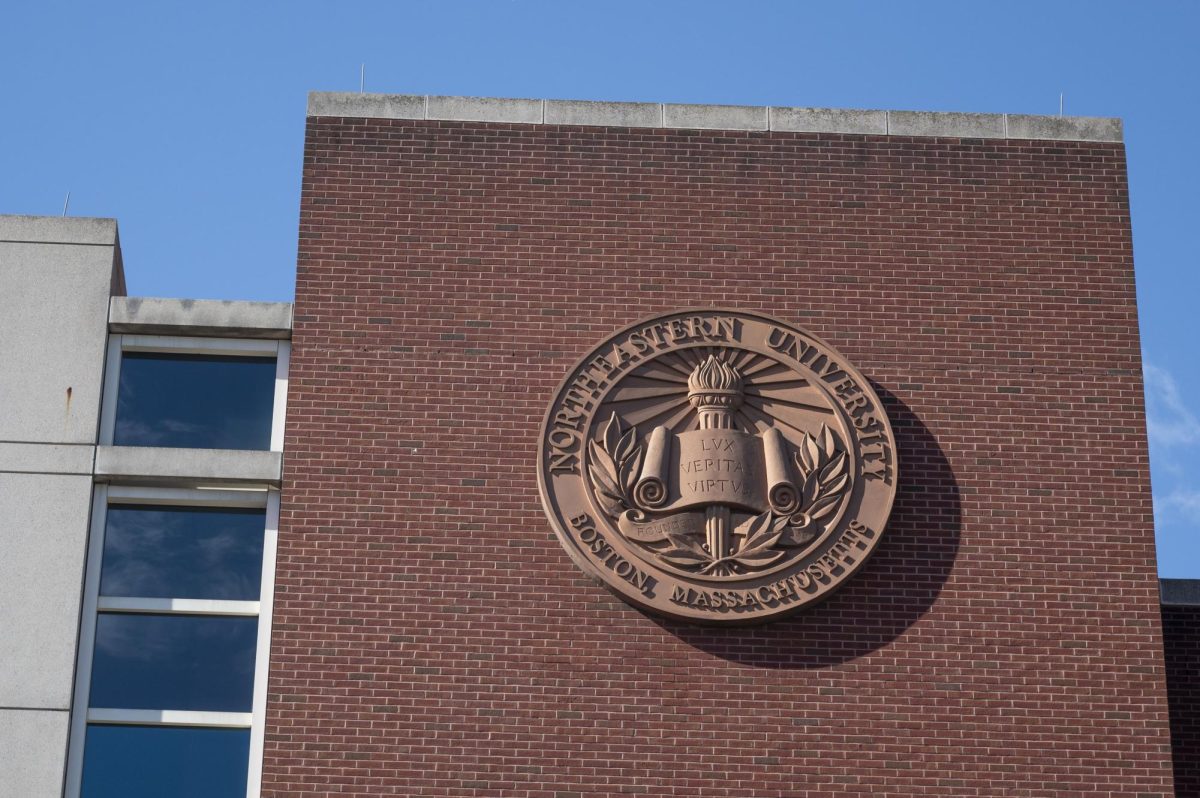By Christine Meade
Cigarette-toting students can be spotted at any time during the day on campus. However, the American Cancer Society is now looking to put a stop to the widely spread cigarette use with their Great American Smokeout day on Nov. 21.
This campaign is now striving towards smoke-free colleges in all of New England.
There are already a number of colleges across New England that have become smoke-free. According to a press release by the American Cancer Society, Harvard University, the University of New Hampshire, Keene State, and Assumption College are just a few of the local schools that have successfully undergone the Cancer Society’s “Smoke-Free New England College Initiative.”
Not everyone agrees that Northeastern should put restrictions on smokers.
“A smoke-free campus would be a very irritable place. It’s not fair that students don’t have the freedom of choice now that they are in college,” said Tessa Niven, a sophomore marine biology major.
College students, being the youngest legal group to smoke, are the newest target of advertisements from cigarette companies. According to statistics provided by the Cancer Society, advertising is working. There has been a 28 percent increase in smoking among college students.
One possible explanation for why there are so many more college-smokers now is because in the 1990s more students were smoking in high school and now those same students are in college. However, some students say they have not been affected by advertisements and do not factored into a portion of the 28 percent increase in college smokers.
“I think that every building should be smoke free on campus, if they aren’t already. I do think people have the right to smoke outside, and if its what they want to do they should have the right to smoke,” said Ryan Starr, a freshman economics major.
Sophomore English major Ashley Glennon agrees.
“I think there should be at least one smoking dorm on campus because if otherwise it’s not fair to those who smoke,” she said.
The American Cancer Society has a list of their seven main goals for campuses across New England. This seven-step plan includes prohibiting smoking within all university buildings, dorms, and sponsored events, as well as stopping the sale of tobacco products on campus. They also want to prohibit the distribution of tobacco products, even in fraternities and sororities, and the tobacco advertisements in any college publications. The American Cancer Society wants to encourage campus organizations to not accept money from tobacco companies and to prohibit the university from holding stock in or accepting donations from these companies.
Finally the campaign wants all colleges to provide and advertise free and easily accessible tobacco treatment on campus as a means to try and help students quit. Students at Northeastern are kicking the habit on their own, for their own reasons.
“I decided to stop because I realized it was stupid for me because I thought having a cigarette was stress-relieving but so is running, so I chose the healthier of the two,” Niven said.
Last year 47 million people participated in the Great American Smokeout and of 20 percent of smokers, 3 percent didn’t smoke at all that day and 17 percent smoked significantly less. Five days later these people were surveyed again and 3 percent said they were still not smoking and 12 percent said they were still smoking less.









